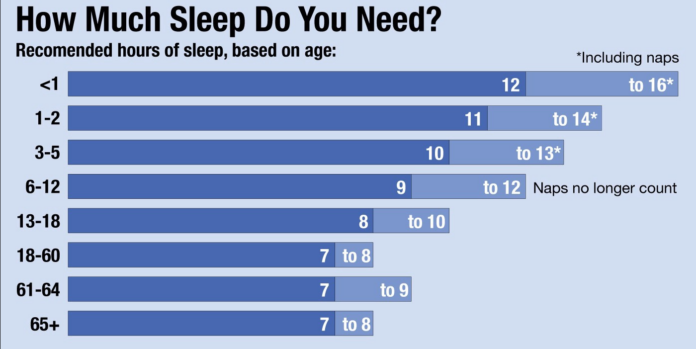Suffering a sleepless night is not only hugely frustrating, but can also have a detrimental effect on a person’s overall health and wellbeing.
Some people are fortunate enough to get great quality sleep every night without a hitch, but many others are not quite as fortunate.
A recent study by Betway Insider claims the best way to get a good night in bed is to undertake a relaxing pre-bedtime routine before going to sleep.
Meditation, listening to music and reading a book were among the activities found to deliver the optimum resting conditions each night.
There are numerous other tips you can implement to improve your chances of avoiding sleepless nights. Here are some of our favourites.
Discover how much sleep you need
We are made aware from an early age of the benefits we derive from getting a good night’s sleep, although generalisations are often made when that information is shared.
An average of eight hours sleep per night is claimed to be the sweet spot and for many people that number is bang on the money.
However, some people can function perfectly adequately on less sleep, while others may need more to ensure they don’t feel tired the following day.
On that basis, it is sensible to spend time finding out exactly how much sleep you need and then building a routine based around that timeframe.
Sleep expert Dr Richard Schwab says maintaining a consistent bedtime and wake time plays a key role in getting quality sleep every night.
“For me, I need about six or seven and half hours of sleep, and if I don’t get that I’m going to be sleepy,” Schwab said.
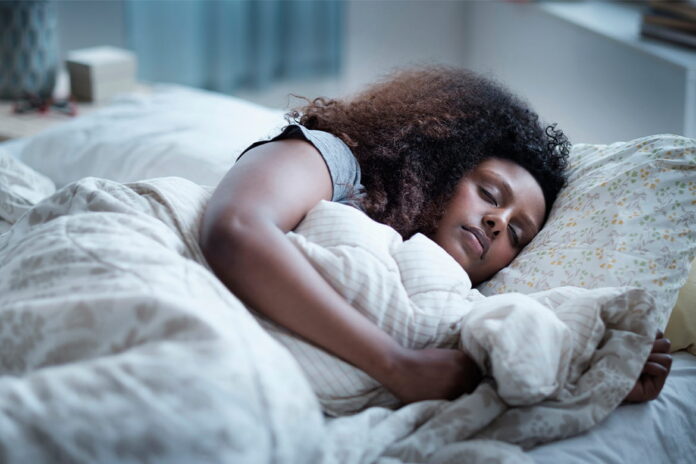
“And it’s different for everybody. It’s hard to figure out how much sleep you really need. But once you figure that out, you should aim for that amount of sleep.”
“If you’re not sleepy during the daytime, then you’re probably getting enough sleep. But if you’re falling asleep at work or falling asleep reading, and you don’t have a sleep disorder, then I’m pretty sure you’re not getting enough sleep.
Avoid playing ‘catch up’ with sleep
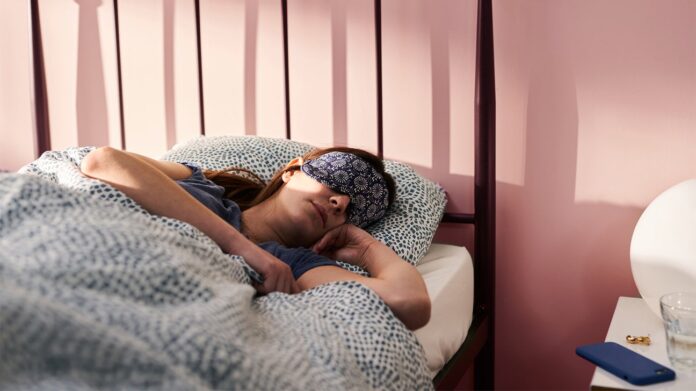
In an age where increasing demands are placed on our time, it can prove difficult to get the optimum amount of sleep each night.
Many people make the mistake of not getting enough sleep during the week before trying to play ‘catch up’ by staying in bed longer at the weekend.
However, whole some studies suggest this tactic can work in the short-term, it has been proven to be a detrimental sleep strategy of it becomes the norm.
Neuroscientist Matthew Walker has conducted extensive research into sleep, and wrote several books on the subject including ‘Why We Sleep: Unlocking the Power of Sleep and Dreams’.
He insists that attempting to make up sleep deficit by sleeping longer at the weekend is a lesson in futility and should be avoided.

“The recycle rate of a human being is around sixteen hours. After sixteen hours of being awake, the brain begins to fail,” he wrote.
“Humans need more than seven hours of sleep each night to maintain cognitive performance. After ten days of just seven hours of sleep, the brain is as dysfunctional as it would be after going without sleep for twenty-four hours.
“Three full nights of recovery sleep (i.e. more nights than a weekend) are insufficient to restore performance back to normal levels after a week of short sleeping.
“Finally, the human mind cannot accurately sense how sleep-deprived it is when sleep-deprived.”
Don’t toss and turn in bed

Even if you regularly get good quality sleep, there may be occasions when you end up tossing and turning in bed.
When this happens, people generally stay in bed and try to power through the disruption in the hope that they eventually fall asleep again.
However, this can be counter-productive, particularly if you spend longer than a few minutes trying to get back over.
Leading sleep researcher Dr Michael A Grandner has published over 40 articles on sleep and been featured on CNN and in the New York Times.
He says that if people are unable to quickly return to sleep, they should resist the temptation to toss and turn and return to their pre-bedtime routine.
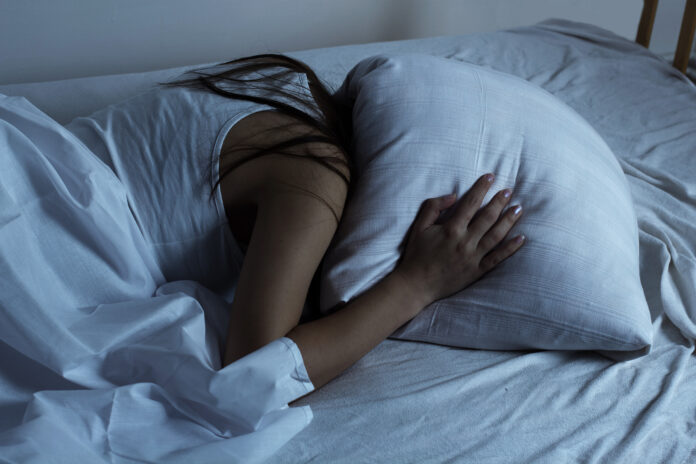
“If you are having trouble sleeping, the best thing you can do is to get out of bed,” he said.
“Do something relatively boring for a while and try again later. Spending excessive time in bed awake could lead to developing insomnia later.
“You want the bed to be for rest and sleep, not tossing and turning. If you spend too much time in bed awake, you can program your brain to associate the bed with being awake not asleep.”
Give consideration to natural light exposure
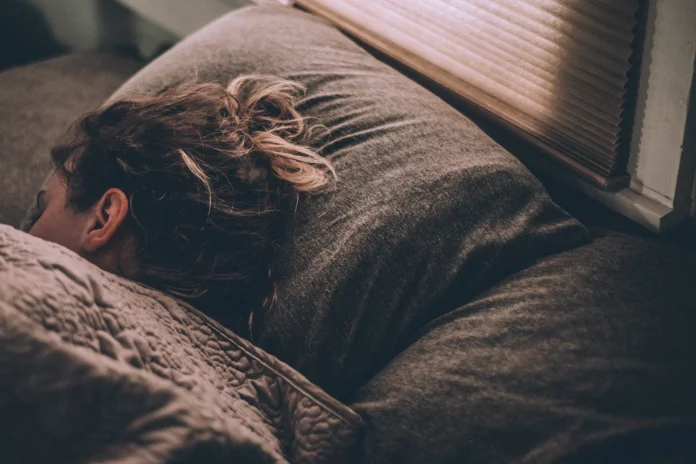
Creating a darkened environment in the bedroom has been proven to deliver the optimum conditions for getting good quality sleep.
However, many people overlook the role natural light exposure during the day plays in establishing a positive sleep cycle.
Minimal light exposure in the morning can make it harder to wake up, meaning you should consider opening your curtains the moment your eyes open.
This point is particularly pertinent during the winter months. The sun rarely shines at this time of year, thus depriving us of a natural signal to wake up.
People can also boost their chances of establishing a positive sleep routine by spending time outside during the day.

Sleep expert Hannah Shore overcame her insomnia by recognising the influence natural light had on her sleep pattern.
“Even if it’s just taking breaks from your laptop that you sit at for eight hours a day, you need to make sure you’re getting outside into that natural light,” Shore said.
“It’ll help your body recognise that this is the time when we’re meant to be awake. And then when it gets duller and darker in the evening, our bodies will realise that it’s time to go to bed.”


